Searching for the Inner Artist
Joshua Cripps
Here’s a challenge for all the photographers out there, myself included: look through the most recent photos in your portfolio and ask yourself: “are these photos the product of my unique artistic vision or could any photographer have done this?” I’m not exactly speaking to the rampant copycat-ism that plagues the photography industry currently: the copied locations, copied compositions, and copied processing styles. Though those factors play a role in what I’m talking about. Instead, what I’m noticing more and more is a lack of unique vision in the photographic world today. When I look at an photographer’s portfolio online I find that more often than not I don’t see any unique imagery that speaks to who that person is as an artist. I see lots of beautiful pictures, but few that truly represent that individual’s view of the world. Has photography really become that interchangeable from person to person? Or are we becoming less willing to step outside the accepted norm of photography in pursuit of likes and thumbs-ups? Whatever the reason, I’m disappointed that so often if you take away the name from the online gallery of “Joe Schmoe Photography” you simply cannot tell who took the photos. When you listen to a new song on the radio you can often tell immediately who the artist is without hearing the DJ announce it. Why? Because great artists have a unique style that is identifiably theirs. And even if another artist covers the same song, the style is different, the approach is different, and the result is unique. Why don’t we have the same in photography? Instead it seems like we have a race to be as similar as possible.
I’m not saying I’m impervious to this, and I have my fair share of generic landscape imagery in my portfolio. But more and more I strive to represent the natural world through my own personal experience. My goal is to have a portfolio of images totally unique to me. Photos that only I could have taken, and that no one else ever will take. Not because I’m a better photographer than anyone else, but only because those photos are the product of my individual approach to image making, to experiencing the world, and to the way I like to share those experiences with others.
So again, I repeat my challenge to myself and to you: look at your portfolio. Does it represent you and only you? Or does your portfolio got lost in a sea of non-personal expression? When others look at your work will they say, “that’s a photo that only you could have taken.”? I hope so, and I hope you’ll join me in that pursuit.
Chime in with your thoughts in the comments!
share this article:
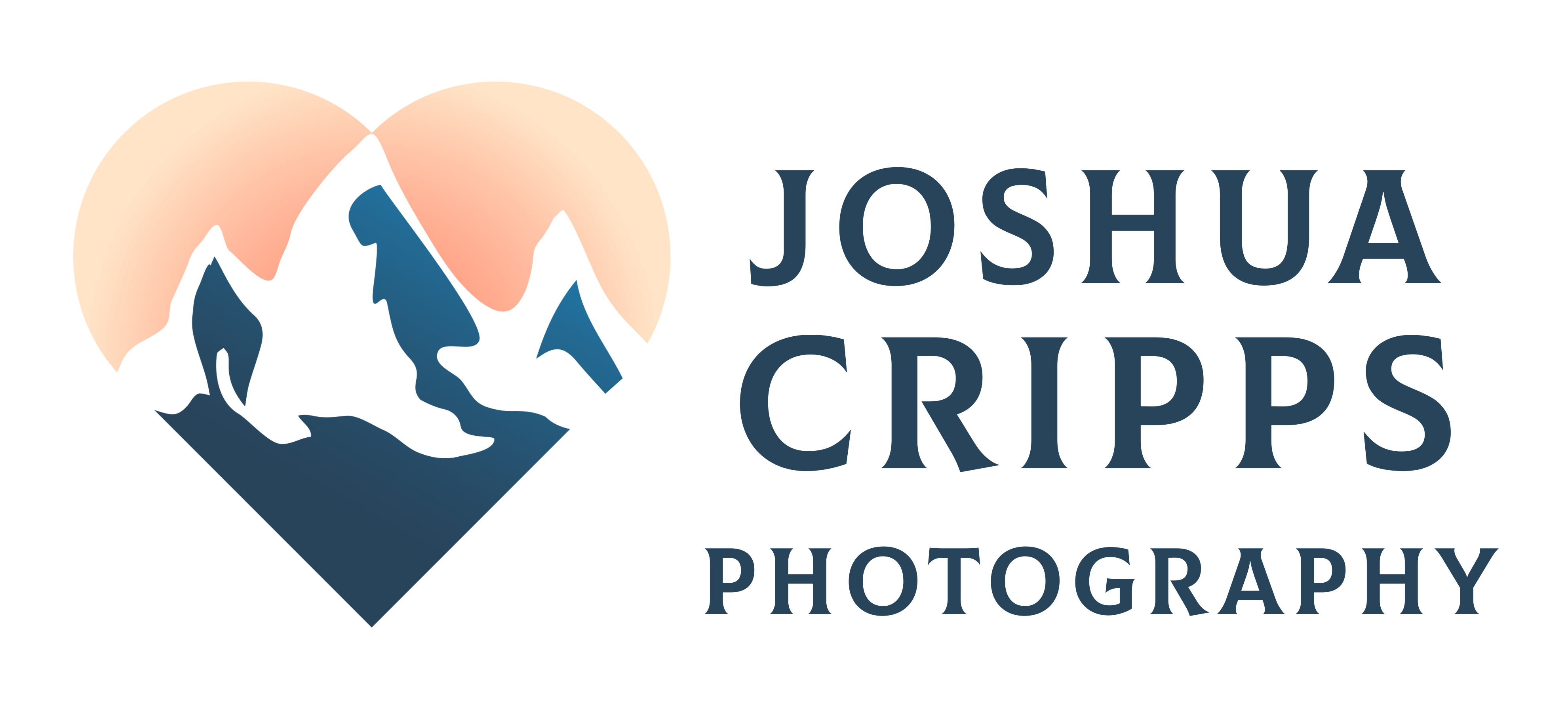


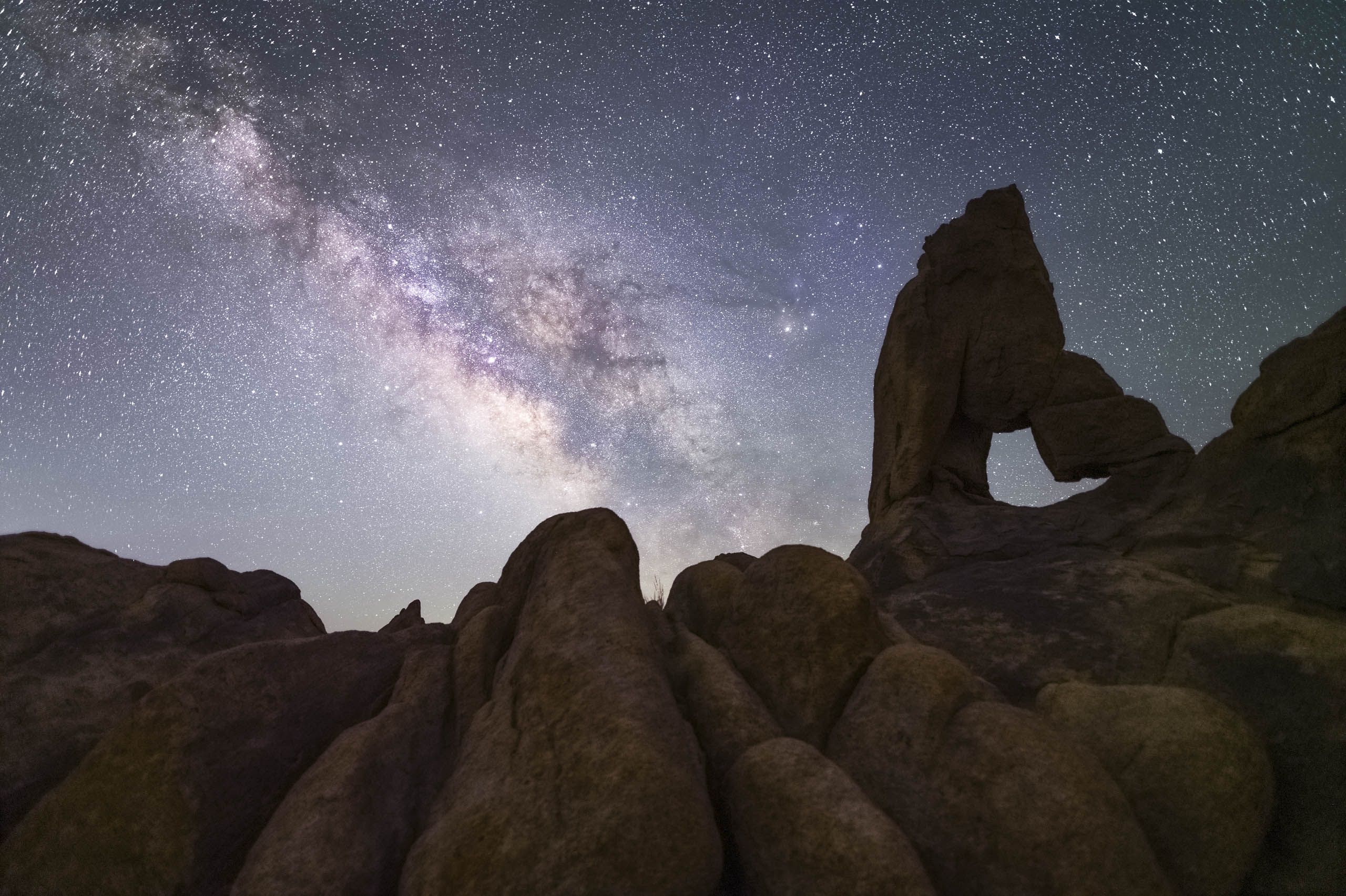
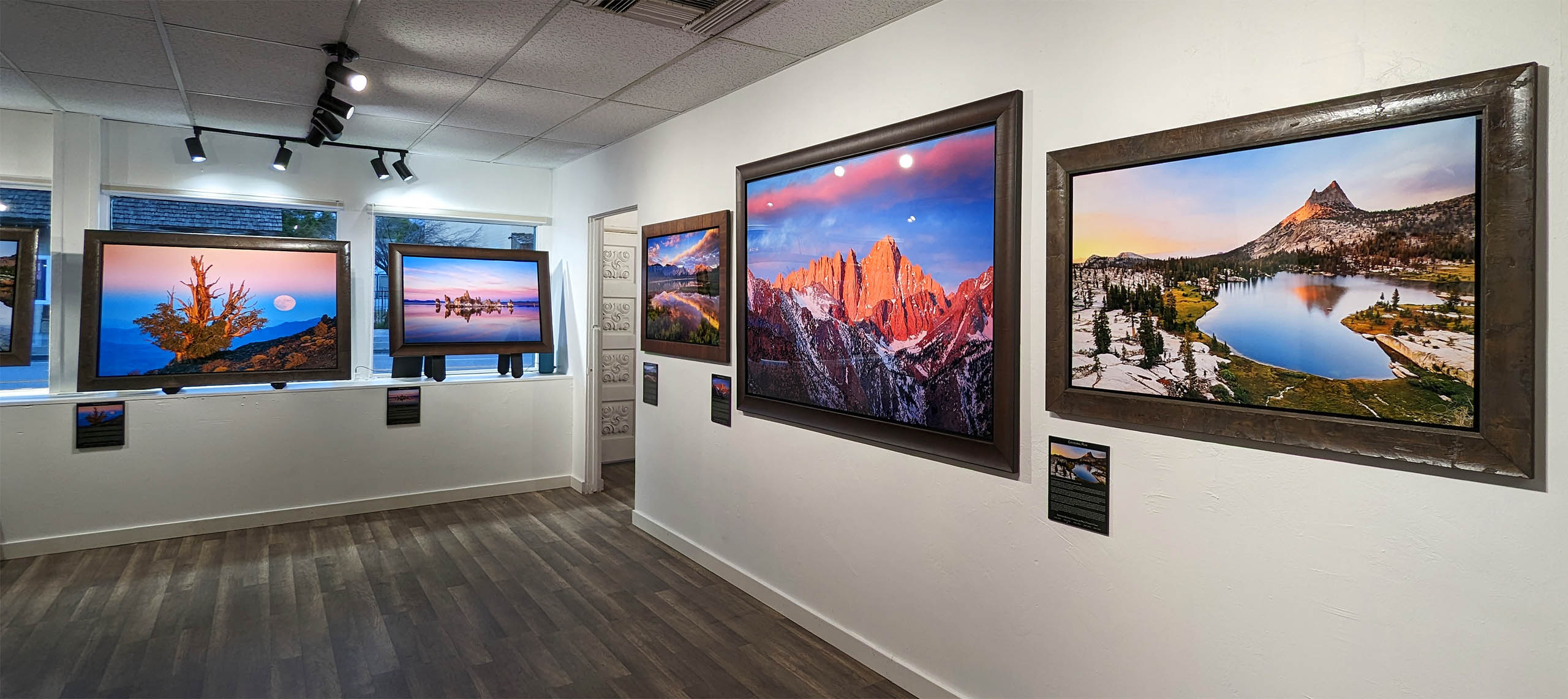
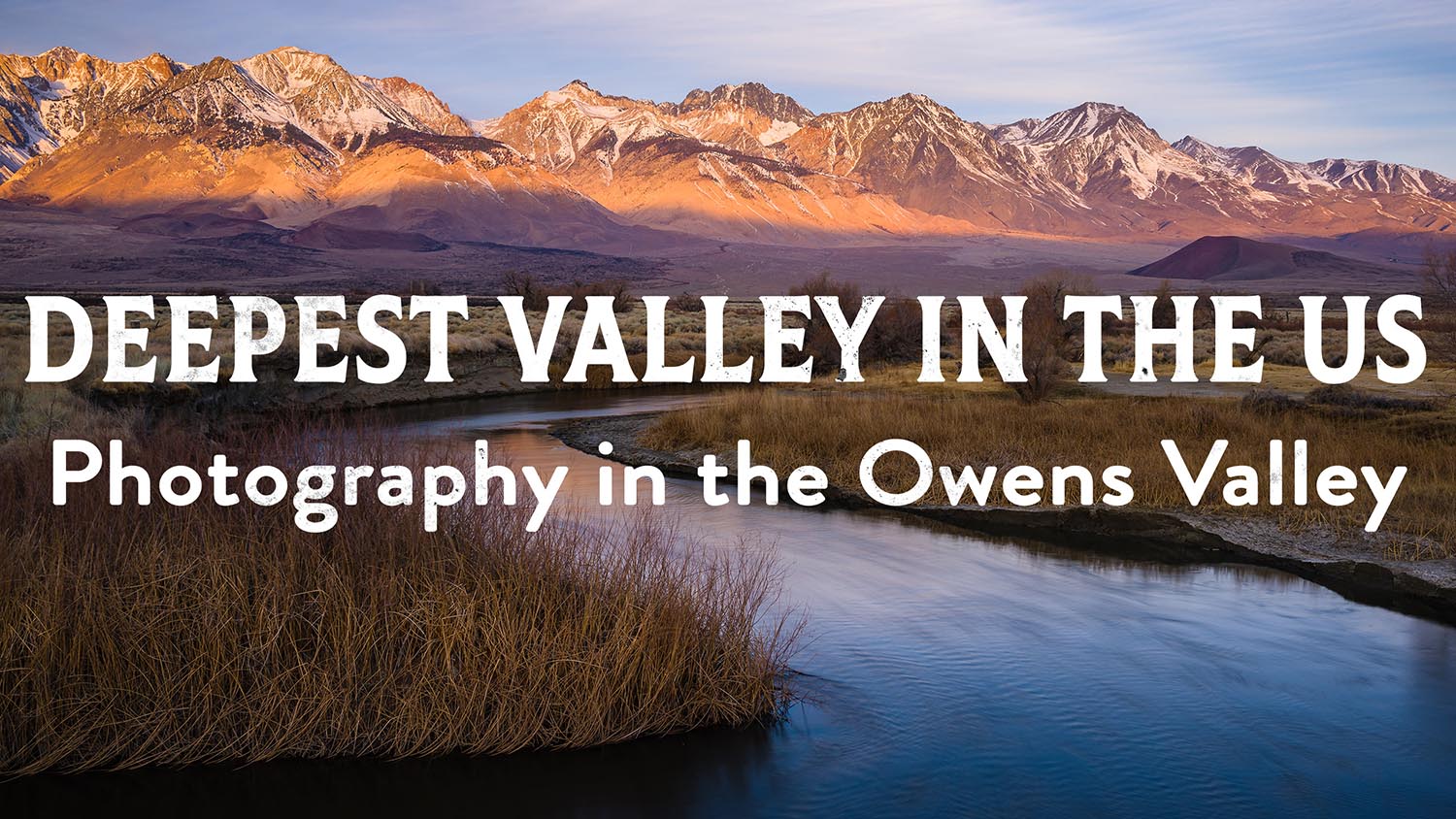
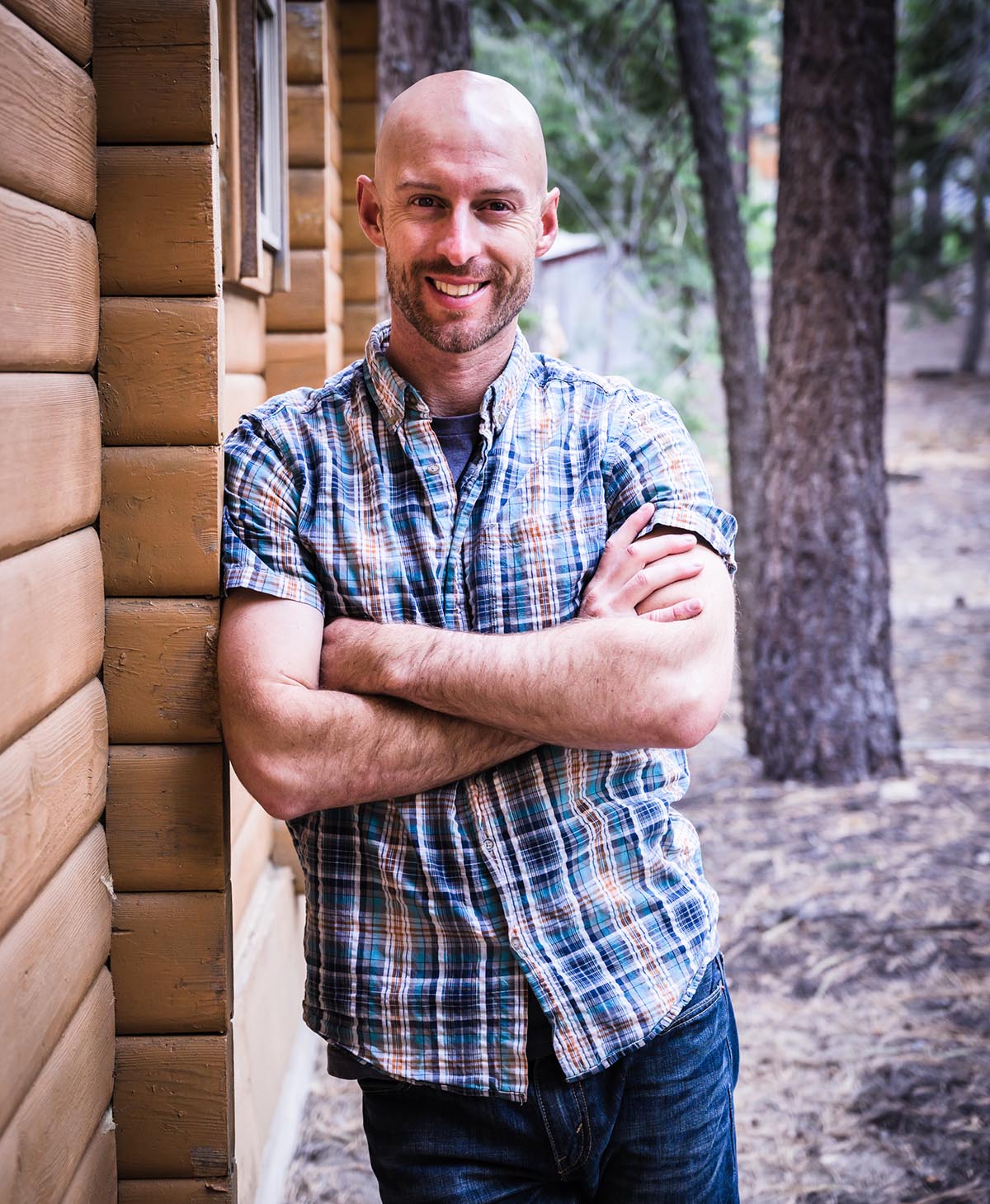

8 Responses
Thank you that really what I am lookin for, and yes I am looking for that images every day.
Fantastic post and discussion and one that in my opinion is so needed. I have struggled with this over the past several years and still do every so often when I think my work isn’t ‘up to par’ compared to….then I stop. Stopping comparing our work to others is one of the first steps to getting ourselves to start shooting and processing our images from within ourselves. When I am out shooting I ask myself a few questions: Why am I shooting this? Who am I shooting it for? How can I shoot this in a way no one else has or will? What is it about the scene I’m shooting that is compelling me to photograph it? What will make this unique.
It’s great to learn techniques and processing methods but putting our own individual spin on our own images is so important. Thank you so much for bringing this up. (I’m off now to delete any old/un-unique images from my website! haha)
Great questions to ask yourself, Lauri. It’s so easy to be superficial in our pursuit of images, much more difficult to ask ourselves these kinds of questions in pursuit of a deeper level of personal expression.
I need to delete a bunch of images too! 🙂
Great article, Josh!…but to be fair DJ Khaled songs are pretty easily recognizable on the radio and he’s dog-shit. ANOTHA ONE!!! Most of what you hear on the radio these days you can recognize it quite easily, because it’s EVERYWHERE, not because it’s necessarily great…but it makes money and I guess gets the equivalent of ‘likes’ so does that make it successful? I can pick out Ed Sheehan songs, Imagine Dragons songs, and so forth pretty easily…not because I think they are great bands or musicians (though they make cash doing it…so they must be great at something…) I like the thoughts on this though…speaks to trying to do something you like, as opposed to what you think others will like…but I think the answer is probably we’re all looking at some level for acceptance, and what brings in the most acceptance, often brings in the most financial stability as well…thanks for posting, glad to get my brain thinking a little today!
Great blog Josh. Keep it coming.
I understand completely where you’re coming from. The same thing happens in the graphic design world. Artists, in general, usually start out by copying the masters to understand theory, but along the way there is a separation between visionaries and the rest of us. As a designer I’ve struggled with what amounts to “good” work, but in the end it comes down to a couple of things. Are you happy with what you are doing and is your client happy? Sometimes, I would prefer my work to be more of a hobby so that the only person I need to impress is myself. And I’m a pretty tough client when it’s for me. Thanks for your insightful thoughts on the subject, Josh.
This is something I’ve struggled with for quite some time. I don’t like following the crowd or doing something just because everyone else does. I shoot landscape photos because that’s what I love to do. How to make my photos my own has always been a challenge for me though. I feel like the more I shoot, the more I edit my photos, the more I refine my process. However, I don’t think my process really is that different from everything else I’m seeing. I’ll keep working at it! 🙂
One thing to note is that while people are in the learning phases, like I am, we go to online groups to get pointers and tips on processing and feedback on our compositions, and images. What happens is there are certain strong voices of more advanced beginners who have preconceptions of what a “good” picture is so if you do anything out of their limited view of color processing and composition they will sternly let you know about it. This leads to a fear of pushing the boundaries for a lot of folks starting out. It’s not just limited to that either. There are channels that include critiques of photos, and they end up being more of a referendum on how the critiquer would have done it differently than an actual inspection of what’s right or unique with the picture.